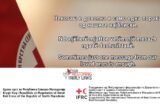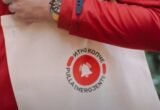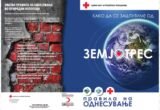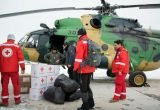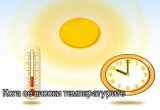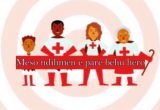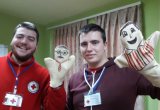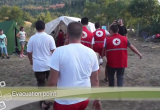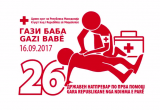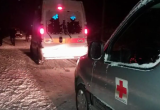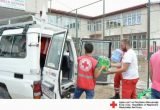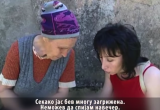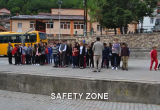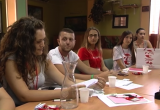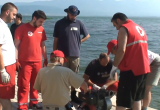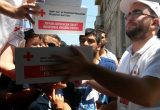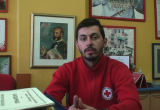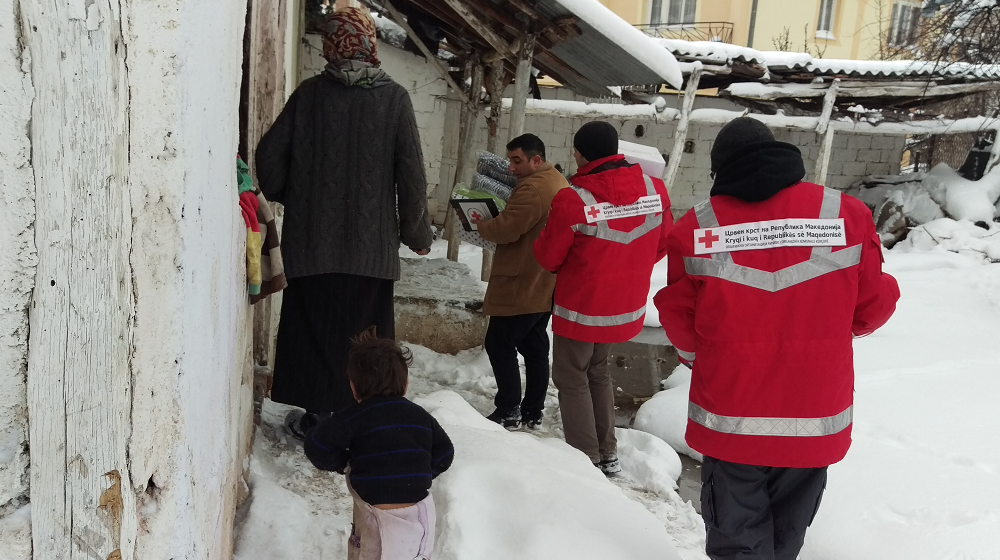
Vulnerable population groups that are at increased risk for possible health consequences:
Elderly – elderly have a higher risk to acquire the consequences on their health as a result of low external temperatures because of their slower metabolism compared to younger, and also their mobility is reduced. Particularly at risk are the elderly who live alone, who are immovable, with inadequate nutrition or taking drugs that contribute to poor thermoregulation.
Infants and children – Infants are at increased risk of the extreme low temperatures and can develop hypothermia very quickly due to the small size of their body (they have a different ratio of surface area of the body and weight than adults) and greater heat loss, and lower capability for the production of heat. Children have less muscle mass and among them may cause loss of body heat faster than adults in terms of the same outside temperature. Respiratory system to children is more sensitive to the influence of external temperatures and with them more common diseases of the respiratory system. Children who have accompanying diseases like asthma are at increased risk for the occurrence of the effects of cold weather.
Socially disadvantaged people – socially vulnerable people, who cannot afford adequate heating in their homes (about 75% of these people are usually people who live alone, without anybody) or persons exposed at low outside temperatures like homeless or persons living in inadequate housing without insulation and heating, poor people.
Employees who work outdoors – employees with certain professions whose work in external environments such as construction, forestry, etc. are at increased risk of acquiring health consequences due to extremely low temperatures.
People with chronic illnesses or people who use certain drugs or excessive amounts of alcohol – medical conditions that can cause hypothermia endocrine disorders such as hypothyroidism, hipopituirizam, hypoadrenalism, some head injuries, diabetes (especially when there are hypoglycaemia). Persons who have a physical disability for any reason (fractures or physical disabilities in their development) due to reduced mobility are also at increased risk of health consequences. Use of certain drugs such as barbiturates or fenotijazidi etc., Giving rise to difficult thermoregulation.
People with cardiovascular diseases – cold weather increases blood pressure, high blood pressure increases the risk of heart attacks and strokes
Persons with respiratory diseases – cold weather reduces resistance to respiratory infections, reduces lung function and can trigger bronchial constriction in asthma.


